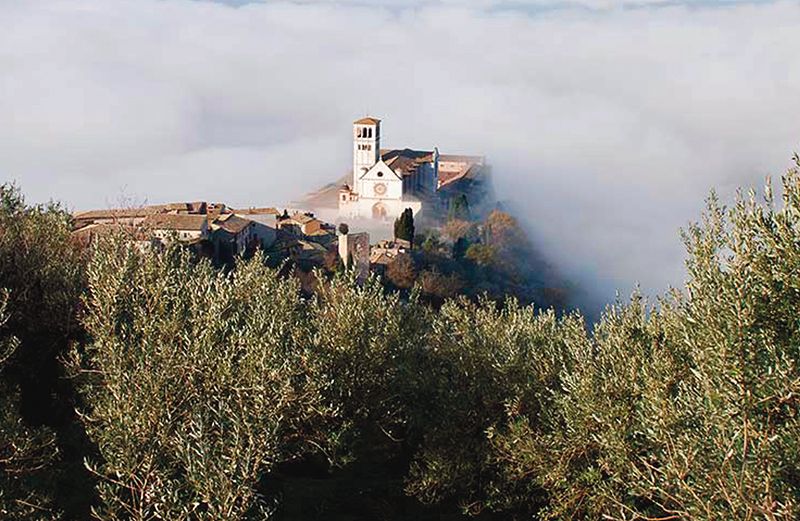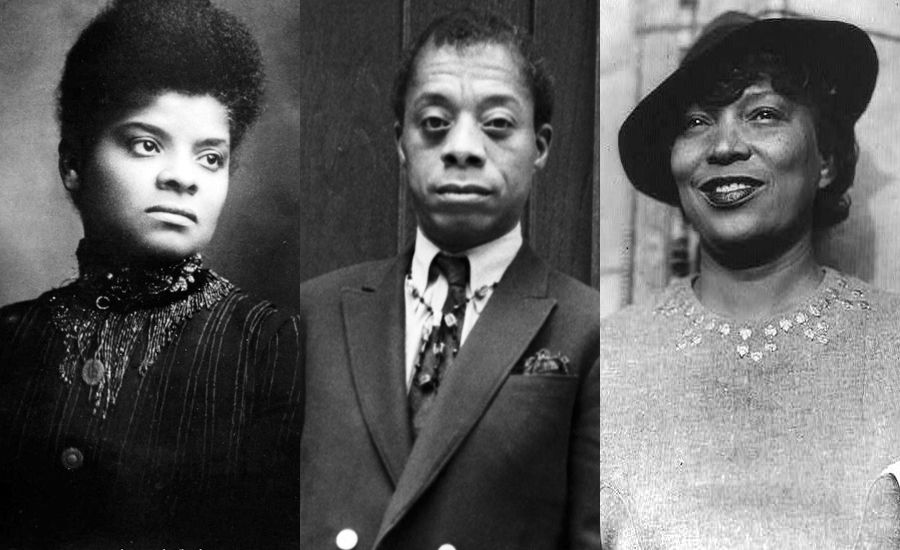I’d vaguely heard of “thin places” that first time I visited Assisi: spots where the mysterious membrane between earth and heaven breaks and you can feel closer to the divine—so it was said.
But that winter day the sky was leaden, the damp cold cut through everything, and nothing about this medieval Italian hill town looked spiritually promising.
I was just out of college, teaching English in Florence, and not certain what I would do with the rest of my life. A friend suggested we take a trip to Assisi, famous as the birthplace of Saint Francis.
That weekend, we packed our backpacks and took a bus through the rolling Umbrian countryside. We got out at a dreary bus station.
There weren’t many pilgrims on the narrow streets. Nobody in the tacky souvenir shops with their Saint Francis tea towels, ashtrays, T-shirts and key chains. We made for the cheapest lodging we could find, a bed-and-breakfast where the wallpaper smelled of mold and a bare, dim lightbulb hung from the ceiling.
I knew so little about Saint Francis. I’d grown up in a Protestant church, and all I remembered of this twelfth-century saint was from a children’s book I’d once read.
He could talk to the animals—like Dr. Doolittle. He coaxed a wolf out of terrorizing a small town: as long as the villagers fed the animal regularly, it would promise not to eat them. He also created the first Christmas crèche with a live ox and donkey. Before that, I seemed to recall, he’d been something of a ne’er-do-well.
We wandered down to the basilica and sat in the pews, waiting for other, richer visitors to drop coins in the machines that illuminated the medieval frescoes. When the lights came on, you could see the life of Saint Francis in brilliant colors.
There he was, preaching to the birds. Walking through fire without being burned. And his transformative moment, when he gave up the life of a spoiled playboy and returned his fine clothes to his wealthy merchant father, standing half-naked in the town square, the blessing hand of God poking through the clouds above him.
From then on, Francis and his followers, dressed in rough robes, took nothing with them as they spread the Gospel from town to town, trusting in God’s providence and others’ generosity, the way Jesus had lived.
I was amazed by that, and a bit perplexed. Giving up all the benefits of wealth and power to live a life by faith?
I sat, meditating, learning more about Francis from the glimpses on the walls. He and his followers would wander the Umbrian hills, singing psalms like traveling street performers. I thought of how my college buddies and I would amble around campus, singing at the drop of a hat.
He wrote poems that came straight from the heart. I wrote too, although I wasn’t sure anyone would want to read my work. Francis had a powerful imagination. He created that first crèche. I put on plays in my backyard as a kid.
It was an eerie feeling. Here was a holy man who didn’t seem so far above me… he was starting to feel very close, like someone I could actually know.
The church was getting cold. I stuck my fists in the pockets of my Army-surplus peacoat and wiggled my toes in my battered desert boots. “Let’s go,” I said to my friend.
We hiked up the hill looking for a cheap place to eat. Pigeons cooed at us. Maybe their ancestors had attended Francis’ sermons, but these birds were more interested in pecking at trash. A man hawking souvenirs pestered us to buy a Saint Francis necktie. My feelings from the church began to fade.
Then we came to the town square of the fresco. There was no illuminated hand of God, only a few parked cars and scooters. Still, all at once, the grayness seemed to part. Maybe I’d been studying old pictures for too long. Maybe it was my empty stomach, but I caught a glimmer of the square as it had once been.
I could see Francis on one side and his father on the other, dressed in the finest cloth. “Why did you sell the clothes from my store?” I heard the father shout. “What did you do with the money?”
“I gave it to the poor,” Francis said.
“It wasn’t yours to give away.”
“It all comes from God,” Francis answered. “It can go back to God.” With that, he removed his fancy clothes, all that remained of his past, and left them on the pavement. His father could have them. Onlookers gawked and laughed. But Francis stood resolute, certain of his calling.
It was only a moment. In reality, the skies never lost their grayness, no ray of light pierced the clouds. But to my eyes the place was lit by holiness, as though God’s hand had reached through the gloom and touched me. Take my peacoat and desert boots, I wanted to say. Take whatever you want.
“Did you see that?” I said.
“What?” asked my friend.
“Never mind.” I shrugged.
I discovered that day what a thin place is. A spot in this world where God has shown himself to someone who loves him. The imprint of such an event doesn’t go away. It touched me that day, and has ever since.
I haven’t shed my clothes or preached throughout the countryside. I can’t talk to animals (my cat, Fred, wouldn’t listen to me anyway). I’ve never performed a miracle. But in one modest respect I am like Saint Francis: I have tried to lead my life by faith.
There is something more to this world than material things. And as I discovered one day at Assisi, in the thin places you can see that, even on a gray afternoon.






